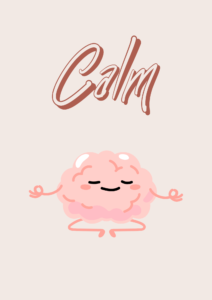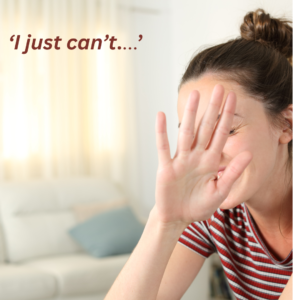
Distract
Chat about either something light and easy or something the person would be interested in. Prepare a list of things you can talk about during meals (tip – not food related 😉 )


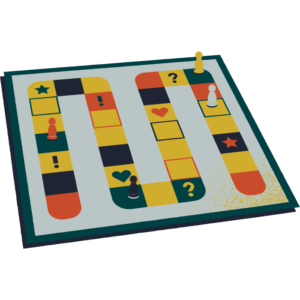
Buy board games
Find an age appropriate board game. Tip: the crazier or funnier the better! Quizzes and riddles may also work if your lovedone is into that.

Buy fidget toys / Stress balls
When a person becomes triggered, their survival brain takes over and the fight or flight response creaters excessive energy in the limbs. Fight and flight response is not a choice and a person can`t just snap out of it. Having something to squeeze, spin ora press can help to release this energy and regulate the brain.
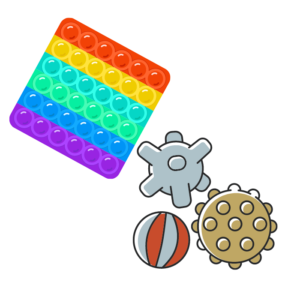


Help your loved one build a `Recovery` list, poster or vision board
It is always easier (and more sustainable) to move towards a positive goal, rather than away from a negative behaviour. Make a list of reason (or a poster!) setting out why recovery is worth it to your loved one and keep it where they can see it – in the kitchen perhaps? Creating a vision board with pictures is even better, because a picture “works”, even when our rational brain is offline.

Grounding Exercises
When your loved one becomes very distressed, practice simple grounding exercises, finding:
5 things you can see
4 things you can touch
3 things you can hear
2 things you can smell
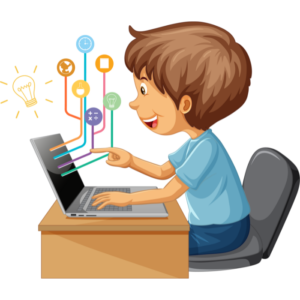


Breathing exercises
The key to supported your loved one successfully is for you to stay calm. Teach your loved one to take a long exhalations (through a straw) when they are very anxious.
We believe in “time outs” – for parents 🙂 If you feel overwhelmed, step out, breathe, talk to someone. When you are dysregulated yourself, it is best to leave and not add “fuel to the fire”.



